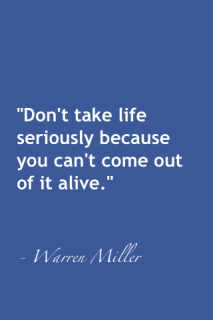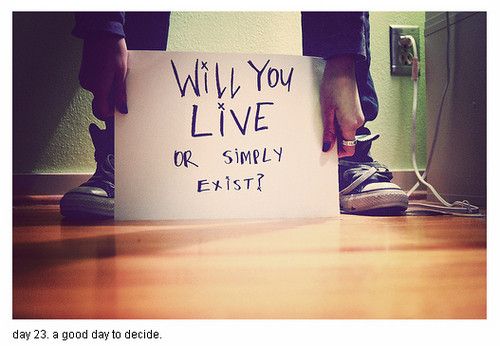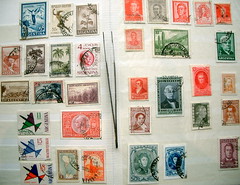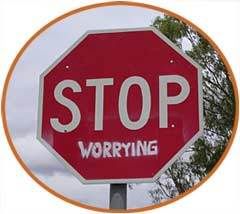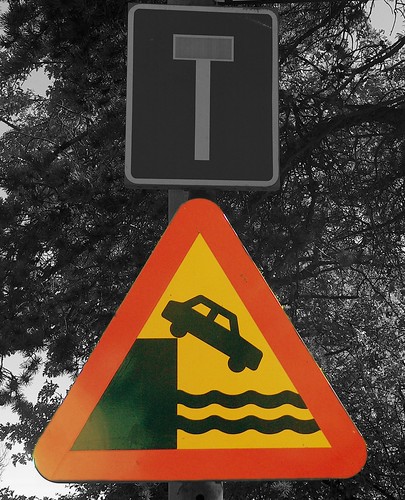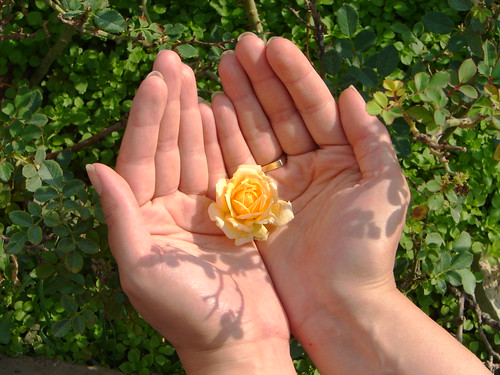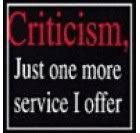With a wave of this magic wand and ‘abra cadabra’, witness my blessings magically disappear. And as you can see, with nothing up my sleeve, all of the old hurts and insecurities you thought had vanished, been worked through and excised, been analyzed and resolved, as I tap this same magic wand, they mysteriously reappear.
I am a magician. My act hasn’t drawn traditional crowds and their gasps of awe have been motivated by fear tinged with anger rather than gleeful wonder. I have built momentum, adding new joys and experiences, achieving new successes and integrating calmness. I asked for audience participation, leaning on strangers, family, and friends to lend a hand, boost me up; hold my hand while I attempt to avoid the usual trap doors. I channel my energies and cause heavy objects to float, transform trash into treasure, and utilize darkness to sprinkle twinkling stars. I step on the stage, determined to mesmerize, to give you your moneys worth, to find my talent and become the person you think I am, you think I could be, you believe I would be if only I could avoid the old scars that I trip over. I step on the stage and hope that this night will be the night I name the card in your hand, make the bunny reappear, unlock the handcuffs I use to lock myself to the past. And every previous performance has had the same ending.
I have been the disappearing magician. I wave my wand and cause joy to vanish. I pull old hurts out of my sleeve and sew anxiety into my cape. I stuff my black hat with fears and I walk straight towards the trap doors. Despite having a full house filled with volunteers to assist me, hands raised to help prop me up, tools donated to cure, I have turned my back. I ignore my fans and begin my solo act of self-destruction. There have been times of greatness, of hidden gifts uncovered, new happiness and secure contentment. I start off my show ready to transform, determined to end the show still standing. And yet, I have been a one-trick magician, unable to learn the magic words needed to bring me back to life, without remembering the trick to catch joys in thin air before they crumble at my feet. I have waved my wand and lost myself again and again.
It stops being entertaining, this fading magic. While it takes a sad talent to cause life’s blessings to crash night after night, when the lights come on, all that is left is ebbing hope and powerless pain. And the magician? I feel the same. I scan my brain for the words that will raise me up, for the spell that provides the strength to stand. I trade in my magic wand and buy a new cape, hoping that this time I can spread success and contentment, can take the final bow, can remember the enchanted words that prevent disappearance.
I am a magician. I step onto my life stage and glance into the audience. I collect her soft hugs and his pep talks, their supportive eyes and your belief in my potential. I fill my pockets with steady shoulders and listening ears, with your tools and her nurturance. I tuck faith up my sleeve, faith that this night I don’t have to vanish to hold your attention. Faith that I am good enough right at this moment, even if I still have my doubts. I wave my magic wand and convince myself that I deserve the blessings, that falling down isn’t the same as disappearing but can be the slapstick humor used for entertainment. I allow room for mistakes, keeping in mind that perfection is boring to watch, and mistakes can be rungs of lessons on the ladder I ascend for the finale.
I call on volunteers and step over trap doors. I draw attention to the small joys, the flower hidden within the cactus needles. I point out kindness and easy laughter, weaving them into the scenery, trying with all of my might to hold on to this life that I am starting to live. Like me, I know you are holding your breath as the show continues. Know you also remember where I tripped during previous shows, where I vanished in the past.
I am a magician, and I climb the ladder for my final act, ready to step off the ledge and take the risk, ready to aim for greatness even if I'm scared. I stand on stage, equally terrified of repeating the same vanishing act while thrilled that, just maybe, tonight will be the night that I hold on to myself and can actually take a bow. I am a magician, and rather than performing the tired old tricks, disappearing and disappointing, I vow that this night when the curtain closes, I will not be trapped beneath the rubble of my life but will stand steady, applause ringing in my ears.
I am a magician. Tonight I hope to inspire rather than invoke panic. I hope to draw you in rather than alienate. I hope to strengthen rather than debilitate. I hope to create rather than self-destruct. I am a magician, and as I wave my magic wand, I gather my blessings around me. I take the leap of faith and flap my cape, ready to perform new miracles, ready to appear.
I am a magician with new tricks up my sleeve, holding my breath, praying that this time new joys materialize and that I can shed the title of the Disappearing Magician.
Subscribe by Email








